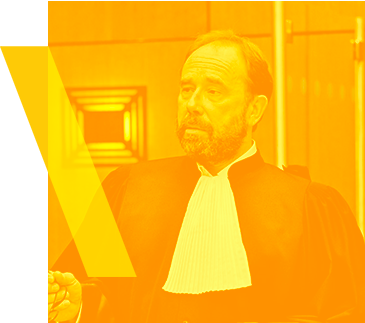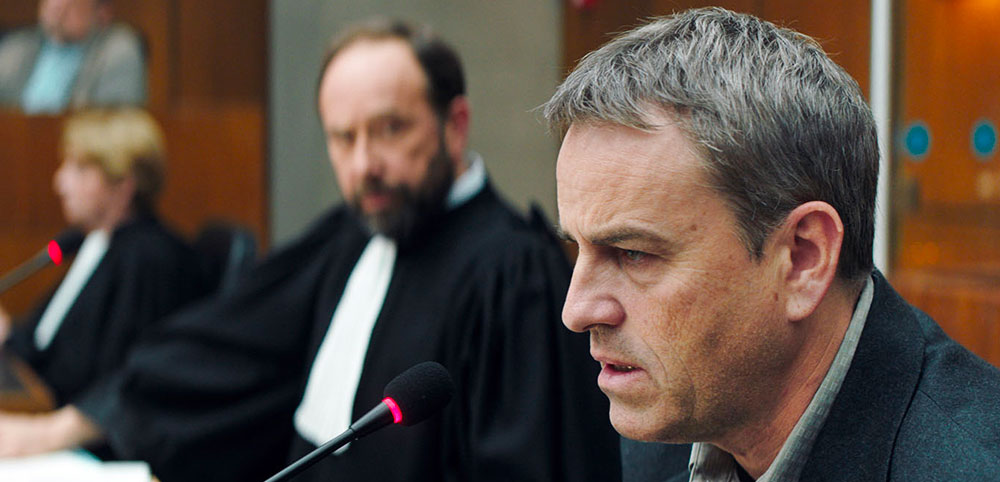The body offence
Une Intime Conviction
Film. The first movie directed by Antoine Raimbault reveals the complexity and diversity of human feelings through one of the legal affairs that has received the most media attention these past few years.
By Lisa Muratore

On February 27th 2000, Suzanne Viguier disappears into thin air. The police are convinced they found the perfect culprit, her husband Jacques Viguier (played by the puzzling Laurent Lucas). As a result, a case is opened during more than ten years and its final chapter takes place in the criminal court.
”Criticism of the mechanisms of a blind judicial and police system and its irrational theory of the "perfect crime"
With these moments, Antoine Raimbault, passionate about legal sagas, feeds the script of Une intime conviction. As he attended for weeks the trial of a man accused by the opinion, the director chose to portray the last moments of a legal saga through the eyes of Nora (Maina Fois).
This single mother convinced of Jacques Viguier’s innocence and moved by his daughter Claire (Armande Boulanger), persuades the hotshot lawyer Eric Dupond-Moretti (Olivier Gourmet, recently seen in Edmond) to take over the case.
Movie “based on a true story”- just like Grâce à Dieu directed by François Ozon in Frebruary or Exfiltrés in March- Une Intime Conviction manages to enrich the story beyond a mere judicial plot.
It deals with family. The one we lost, the one we almost lost, and the one we meet again. Standing up as a mother figure, Nora will also end up drowning in the telephone recordings she has to decipher for Dupond-Moretti. Her commitment in the case, defying all logic, dismissing any thought-through reasoning, whereas Gourmet, with the famous lawyer’s deep voice, tries to reason her.
Overwhelmed by a feeling of injustice and frustration, despite her determination, she gets stuck in the behaviors she has condemned since the beginning.
Just like the ones who accuse Viguier, she has a faith no proof can shake. The movie is precisely original because it reveals our strong convictions. It raises questions but leaves us with few answers, creating a feeling of frustration which is paradoxically enjoyable for the audience. The movie is a criticism of the blind judicial and police system’s machinery and its irrational theory of the “perfect crime” which will be the touchstone of the final plea.


